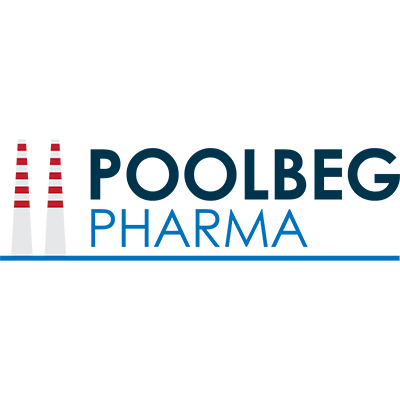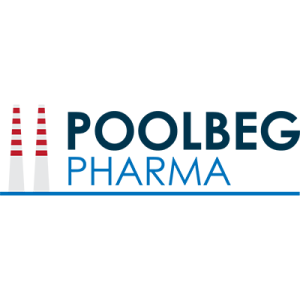Pharmaceutical giants like Merck KGaA are increasingly partnering with AI companies, signaling a trend in the drug development landscape where emerging technologies are adopted to expedite and improve the drug discovery process. AI promises faster and more efficient drug discovery, prompting substantial investments from major pharmaceutical companies. However, the full impact of AI remains to be seen, as its widespread implementation is still in the early stages, with mature AI initiatives being more of an exception than the rule.
The surge in AI adoption suggests the technology is transitioning to the early majority phase. Bain’s 2023 analysis indicates that many pharmaceutical companies expect near-term cost efficiencies from AI, with 40% of executives budgeting for these savings in 2024 and 60% setting targets for cost savings or productivity gains. Despite AI’s growing presence in research labs, no AI-discovered candidate has yet reached the market, underscoring the lengthy journey from innovation to approved therapy. This reflects a typical adoption curve for transformative technologies, moving from initial hype to practical reality.
Dave Latshaw II, Ph.D., a former AI drug development lead at Johnson & Johnson and current CEO of BioPhy, offers insights into AI’s current state and future potential in drug discovery. AI-discovered drug candidates are increasingly entering clinical trials, with 75 such molecules since 2015 showing a compound annual growth rate of over 60%. These candidates, particularly in oncology, exhibit higher success rates in early clinical trials compared to traditionally discovered molecules. Phase 1 trials for AI-discovered drugs have success rates between 80-90%, significantly higher than the historical average of 40-65%.
The higher early-phase success rates suggest AI could potentially double R&D productivity. If these trends continue into later phases, the probability of a molecule successfully navigating all clinical phases could increase from 5-10% to 9-18%. This would enable companies to reduce costs and resources or increase the number of new drugs brought to market with the same resources. However, realizing these benefits depends on the ability of downstream functions to handle the increased workload.
AI also helps manage large omics datasets, which are crucial for drug discovery but can be vast and complex. Machine learning techniques, like knowledge graphs, can integrate and analyze diverse biological data to identify novel drug targets and biomarkers. AI algorithms can more quickly identify drug targets and disease mechanisms, providing data to train models that predict drug efficacy, toxicity, and patient responses.
Innovative tools such as generative AI models are being explored for their potential in designing small molecules with desired properties. These models can generate novel chemical structures and optimize factors like binding affinity and selectivity, reducing the time and cost of traditional drug discovery methods. Predictive analytics can prioritize compounds by analyzing historical data on drug efficacy and clinical trial outcomes, increasing the efficiency of the drug development pipeline.
Strategic partnerships are becoming a preferred method for Big Pharma to integrate AI expertise. Companies like Eli Lilly and Novartis are partnering with AI-driven firms like Isomorphic Labs, while NVIDIA focuses on the drug discovery segment. These partnerships allow pharmaceutical companies to leverage specialized AI expertise without the complexities of mergers and acquisitions. However, these collaborations raise considerations about data privacy, particularly with concerns over OpenAI’s model training approaches using unapproved data.
In summary, AI is poised to revolutionize drug discovery, offering significant efficiency gains and success rates in clinical trials. The strategic partnerships and innovations in AI tools highlight the ongoing integration of AI into the pharmaceutical industry, aiming to bring more effective drugs to market faster and at lower costs.
Poolbeg Pharma plc (LON:POLB) is a clinical stage infectious disease pharmaceutical company, with a novel capital light clinical model which enables us to develop multiple products faster and more cost effectively than the traditional biotech model.


